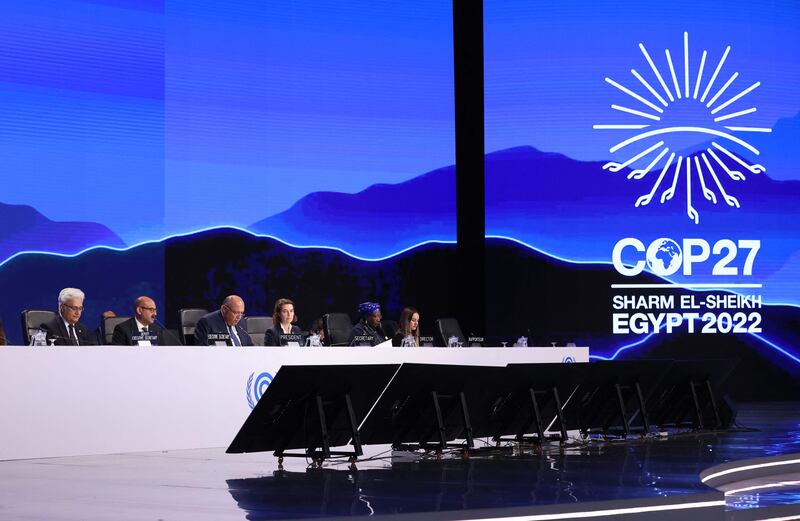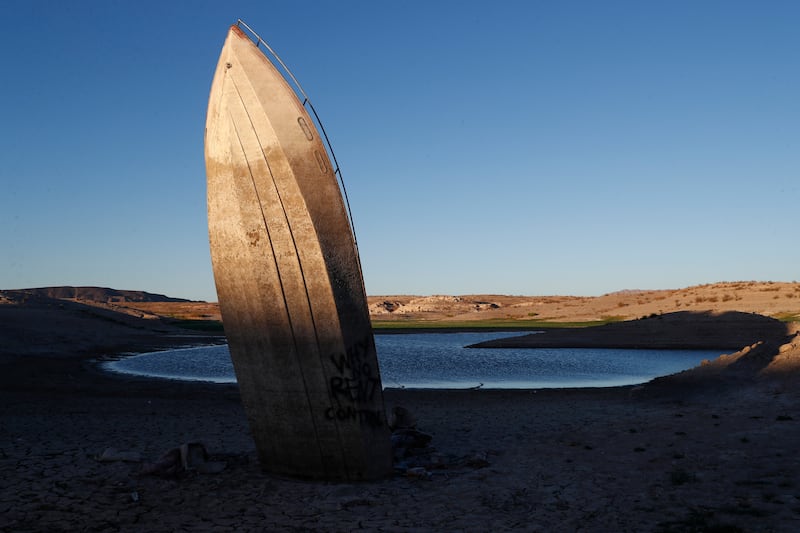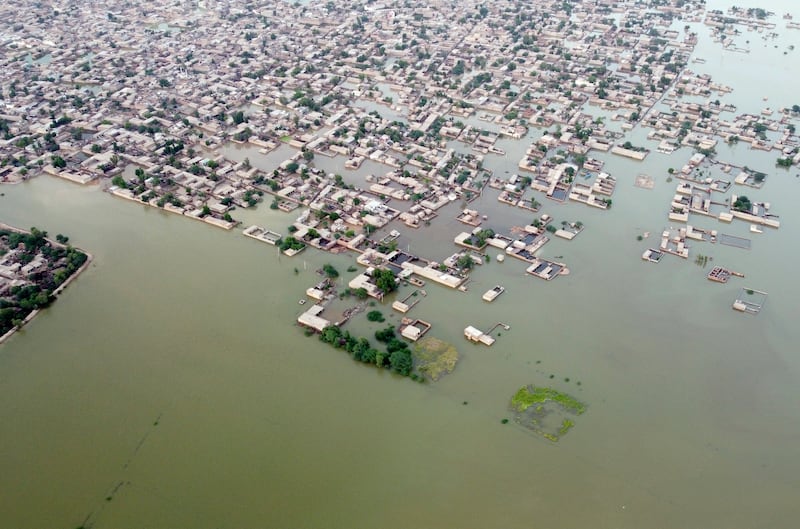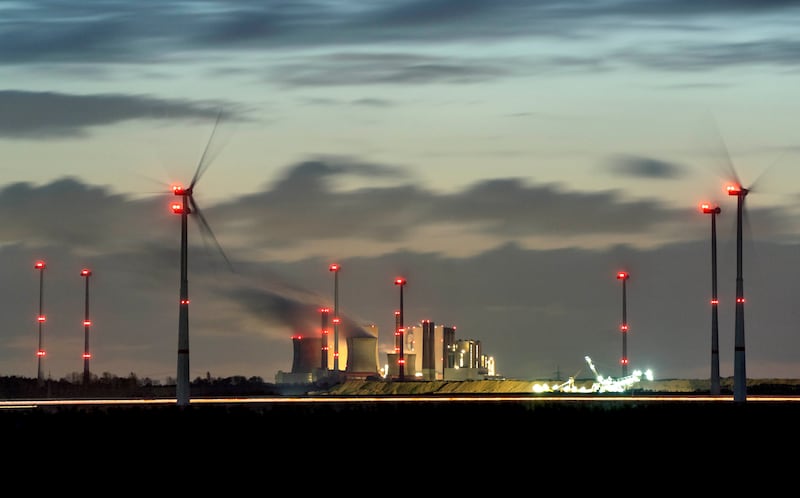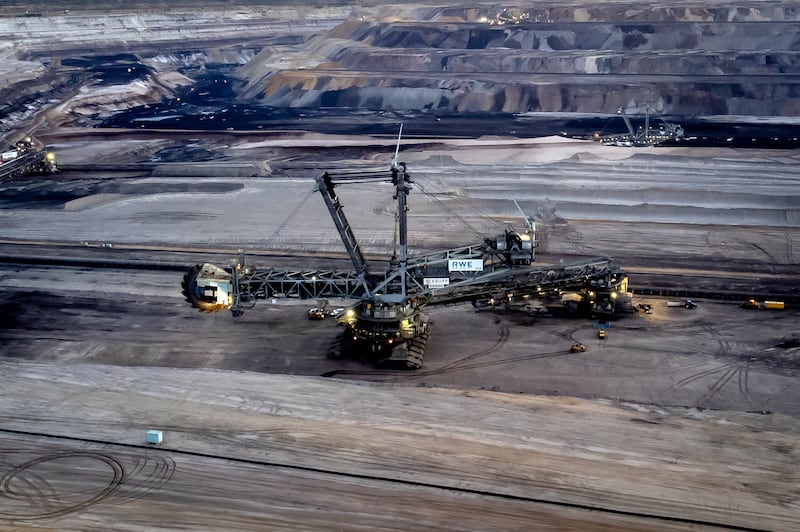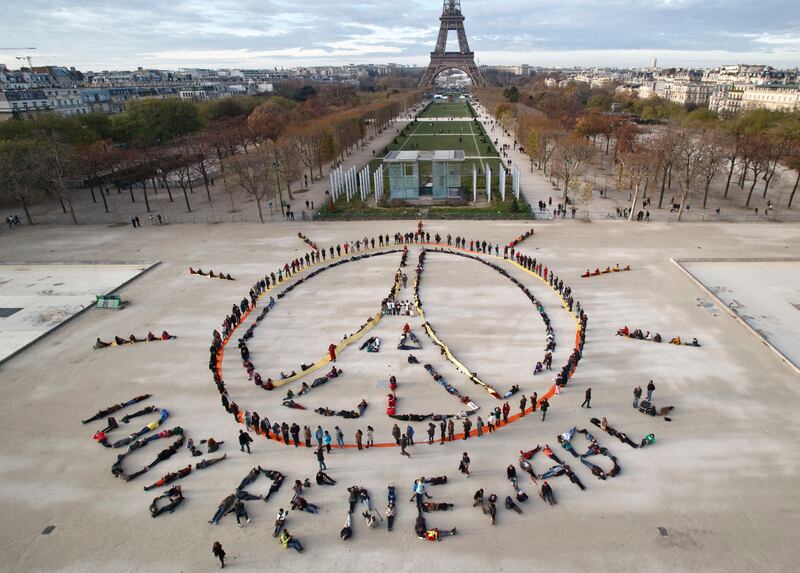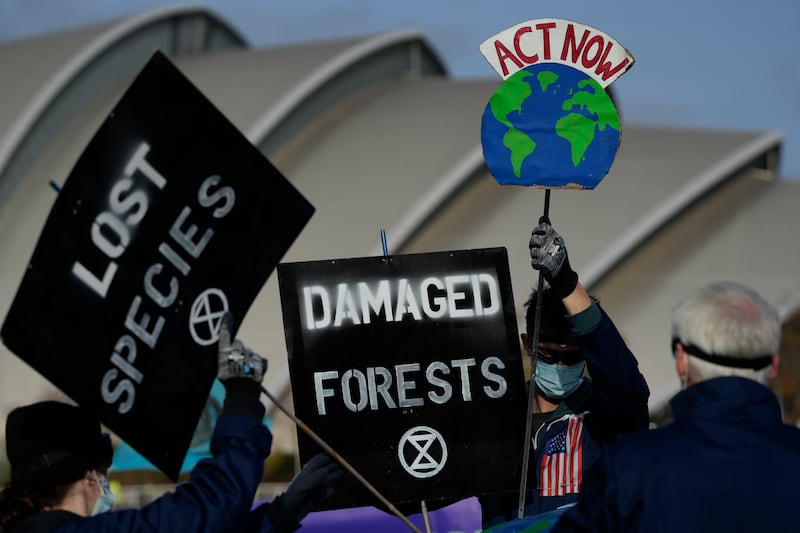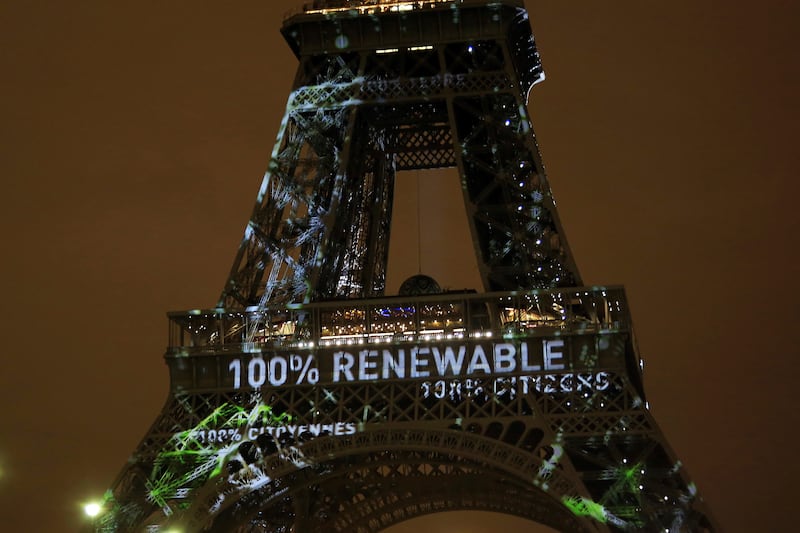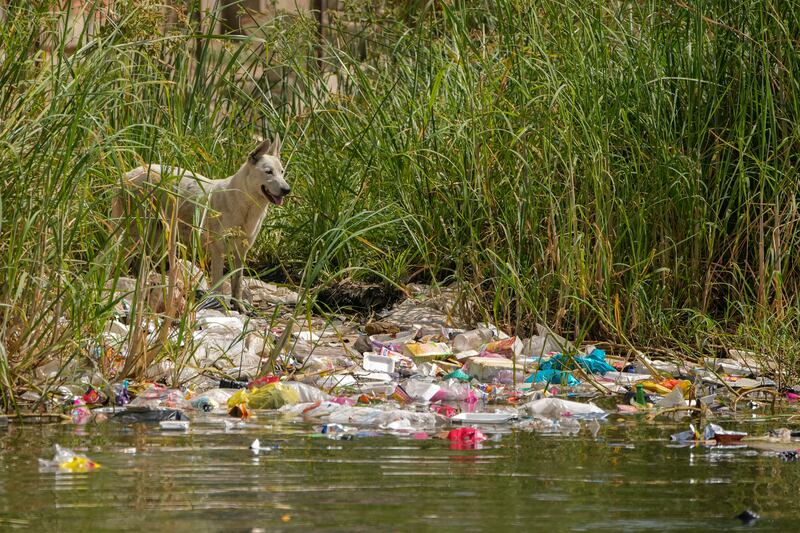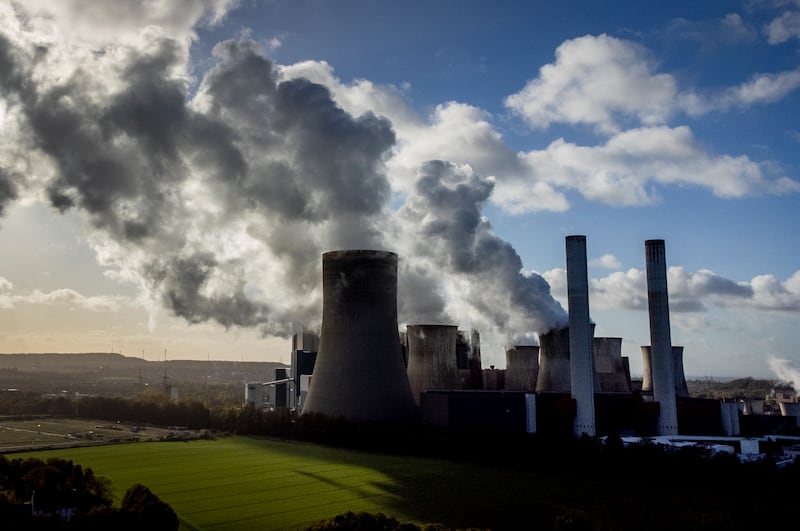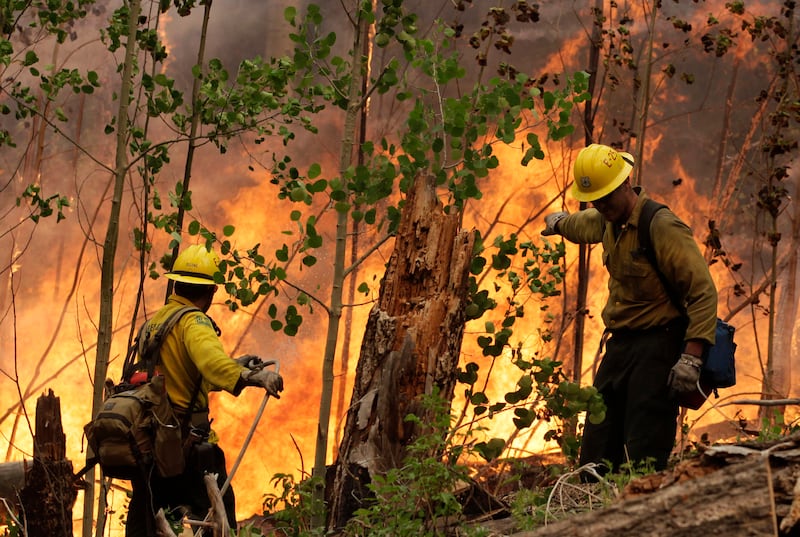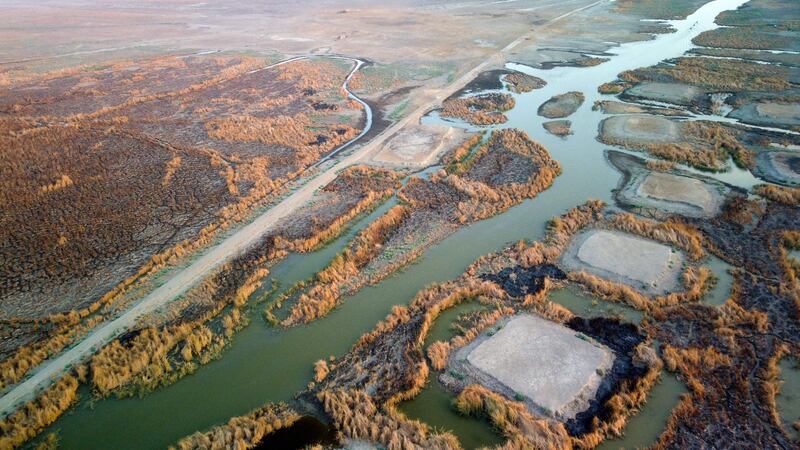Climate change experts have said that Cop28 in the UAE will be crucial if progress is to be made in limiting global temperature rises.
While a milestone announcement on loss and damage compensation was agreed upon at Cop27 in Egypt, more could have been done in terms of efforts to limit greenhouse gas emissions, some analysts said.
An absence of progress on previous commitments to phase down coal, and what have been described as loopholes that allow the exploitation of new gas resources, are among the issues climate advocates have highlighted.
The experts say this makes the 28th Conference of the Parties, scheduled to run for about two weeks at Expo City Dubai in November 2023, all the more important.
Niklas Hoehne, founder of the NewClimate Institute for Climate Policy and Global Sustainability, a think tank in Germany, said Cop27 had shown little progress compared to Cop26, which was staged in Glasgow, Scotland late last year.
“With Glasgow, the UK presidency did a big effort to get countries on board; they made a big diplomatic initiative,” Mr Hoehne said.
“They [brought in] initiatives for coal phase-out and gas, which committed to a significant step forward. This year, the Egyptian presidency did none of this and nothing happened with mitigation. There are no new proposals.”
Looking to Cop28
As a result, he said Cop28, to be held under the presidency of the UAE, was all the more important if there was not going to be backsliding on efforts to stem global temperature rises.
“Glasgow was a small step, but we need that step each year at each climate conference. This has not happened this year but it definitely needs to happen next year.”
Echoing this, Bob Ward, of the Grantham Research Institute on Climate Change and the Environment, part of the London School of Economics, said that any ambition to take significant measures to reduce carbon emissions “is just not there at the moment”.
“At Cop26 it was agreed the countries would come back with stronger pledges from emitting countries in line with 1.5°C. That’s not happened,” he said.
“The window is closing fast. To be honest, I don’t think there’s much prospect of staying below 1.5°C. They’ll have to shift to a conversation about how to get back to 1.5°C, having gone past it, not just at Cop28, but in the coming 12 months.”
At Cop28 in Dubai, Mr Ward said he hoped that nations would “confront” the fact that the burning of fossil fuels was central to climate change and that more ambitious efforts would be made to reach net zero. He warned that “short-term” interests were being prioritised.
1.5°C warning
As the first global stocktake of national commitments since the Paris Agreement, which was agreed in 2015 with the aim of limiting average temperature rises to 1.5°C, Cop28 is seen as particularly important.
Because of this, Mr Ward said the run-up to the event would be significant in terms of countries strengthening their efforts to reduce the release of greenhouse gases.
“This is the first of the stocktaking under the Paris Agreement,” he said. “But we already know that it’s going to show that action isn’t strong enough.
“The question really is what countries do over the next 12 months to avoid the stocktaking showing we’re just not doing enough.”
While the agreement to set up a dedicated fund to support nations suffering loss and damage was part of the final deal at Cop27, Mr Ward said there were issues about this which needed to be clarified in Dubai.
Loss and damage uncertainty
“There’s no [announcement] on how much and when it will start operating,” Mr Ward said. “This needs to be discussed over the next year and agreed at Cop28.”
Asher Minns, executive director for the Tyndall Centre for Climate Change Research at the University of East Anglia in the UK, said that the loss and damage principle of “the polluter pays” was essential, but Cop28 should not become “bogged down” on the question of how much rich countries should pay.
Nor, he said, must the making of loss and damage payments be regarded as an excuse by countries to continue to emit greenhouse gases.
“From Glasgow last year, emission reductions were going to be discussed every year. They weren’t really discussed this year, so for next year that has to be the big topic for the agenda,” he said.
“The emissions curve, which keeps going up and up and up, has to be bent downwards and there’s no real progress in bending it downwards.”
